SPAIN’S Guardia Civil have claimed that they are still ‘unarmed’ one year after the killings of two officers and that drug trafficking is growing and ‘taking root in coastal towns.’
The cry came from Jucil, the association representing the rank-and-file, who it claims have to combat the growing narco scourge with insufficient resources that endangers their lives.
Officers David Nuñez and Miguel Angel Gonzalez were killed on February 9 last year when their smaller Zodiac speed boat was rammed by a narco boat sheltering from a storm in the port of Barbate.
“One year later, and we are still unarmed against the drug traffickers,” said general secretary Ernesto Vilariño.
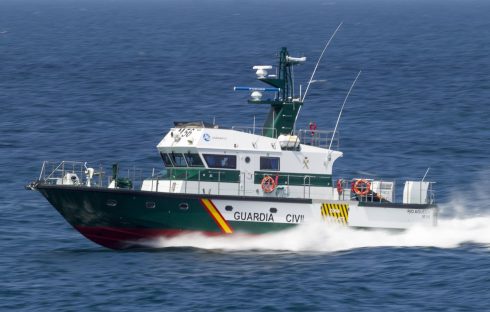
“The situation has not improved in the area, in fact it has gotten worse, and the Guardia Civil still has insufficient resources to deal with drug trafficking.
“The increasing sightings of drug boats and the petrol boats that supply them is a clear sign that the problem is taking root in coastal towns.”
While the Interior Ministry has claimed the fact that drug seizures were down in 2024 – still a staggering 150 tonnes of hash and 44 tonnes of cocaine – is evidence that overall trafficking is down, Jucil disagrees.
“The Ministry attributes this to a supposed lower production in Morocco and the shifting of trafficking routes, but the reality is that there are fewer seizures because there are not enough resources to intercept the drugs,” it said.
It points to the drop in street-level prices for these drugs as proof that the quantity of drugs entering Spain without being detected is on the increase.
Jucil complained that the patrol boats delivered to the Guardia Civil are too few and in poor condition, allowing the narco boats to dominate the Strait of Gibraltar.
Meanwhile, their vehicles are often lacking in essential safety systems for high speed pursuits and many have over 250,000km on the clock.
Jucil states that the authorities are letting them down not just in their lack of resources but also in their failure to open an inquiry into the sequence of events that led up to the deaths of Nuñez and Gonzalez a year ago.
“At a political and hierarchical level, it is as if nothing had happened,” Vilariño said.
“The state has failed its security forces, and today we continue to face drug trafficking without adequate means and under life-threatening conditions.
“We cannot allow the death of our colleagues to be forgotten, nor can we allow ourselves to mourn new tragedies in a year,” Vilariño continued.
“Drug trafficking is a serious problem that must be tackled now, and this also involves the recomposition of [specialised drug fighting unit] the OCON-Sur.”
“Drug trafficking is destroying families, and this is due to the lack of efficient means for the agents and the lack of social commitment in the province to prevent young people from trying to make a living with something as unsafe as drug trafficking,” added Agustín Domínguez, provincial secretary of Jucil in Cádiz.
It comes as the narco’s social media activity has become even more brazen, as they post videos to social media dancing on their boats or travelling in the wake of giant cargo ships to avoid detection.
Click here to read more Cadiz News from The Olive Press.



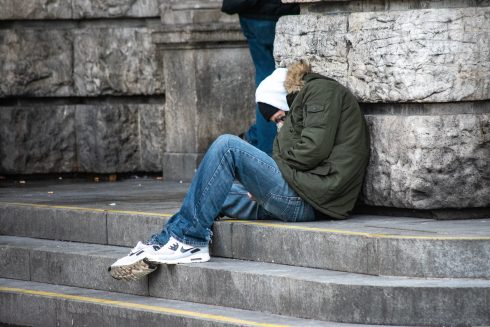
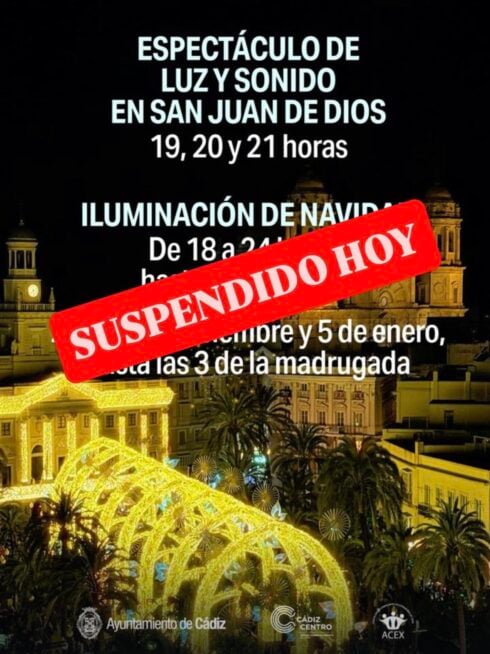


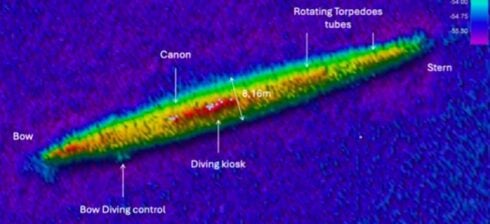
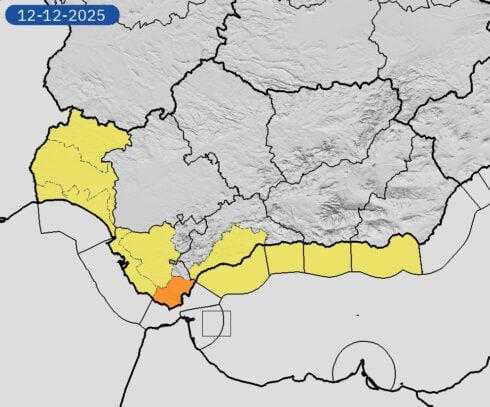
If this accusation holds water, it is a scathing attack on the authorities, and maybe the question should be asked: is this because some people in higher places are benefitting?
Given the strength of the Spanish economy, it’s difficult to understand why sufficient resources are not being allocated.